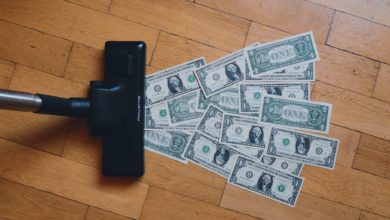Why You Don’t Want to Borrow From 401(k) for Home Down Payment

The average down payment on a home with a mortgage was 11 percent in 2016, according to a report by the National Association of Realtors. For borrowers under age 35, the average down payment was just under 8 percent.
Coming up with any down payment — whether it’s $20,000 for a 10 percent down payment on a $200,000 loan, or less, — can be difficult.
Some home buyers may consider getting the money from a source where they may have a lot of money stashed away — their 401(k) retirement plan. Borrowing against the balance of an employer-sponsored retirement account is an option in 53 percent of 401(k) plans, according to the Employee Benefits Research Institute.
Up to half of an account balance or $50,000, whichever is smaller, can be borrowed in a 401(k) loan. A credit check isn’t needed for approval. Interest rates are usually low, about two points above the prime rate.
Borrowing from yourself for down payment
The loan must be repaid, with interest, in monthly or quarterly installments. The full loan must typically be repaid within five years, though it can be extended if used for a down payment on a primary residence. You’re essentially paying yourself in principal and interest, instead of a bank.
If a payment isn’t made within 90 days, the amount borrowed is considered a distribution from the retirement account and is taxed as income. If you’re under age 59-1/2, you’ll also pay a 10 percent early withdrawal penalty.
If you quit or lose your job before the loan is repaid, you must pay the outstanding balance within 60 days.
Down payment can lower compounding interest
In the long term, a 401(k) loan leaves you losing out on compounding interest on the money you’ve borrowed. Also, people with such loans have been found to decrease or stop contributing to their retirement account during the years they’re repaying it. All of this can hurt your retirement fund balance.
A 401(k) loan should probably be your last option for coming up with a down payment for a home. Even if your retirement plan allows it, there are other options such as grants and other financial assistance programs through various housing agencies that are better alternatives.
But if a 401(k) loan is something you think you can repay within a few years, and you don’t have better options, then it may be worth exploring.



